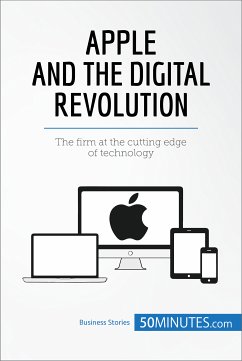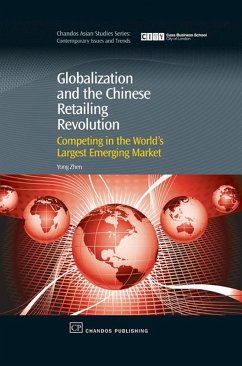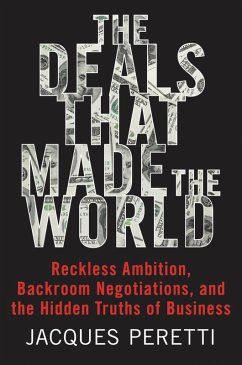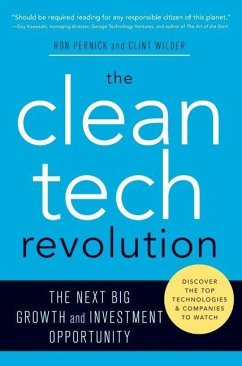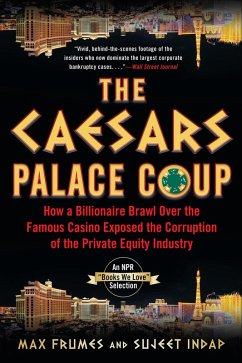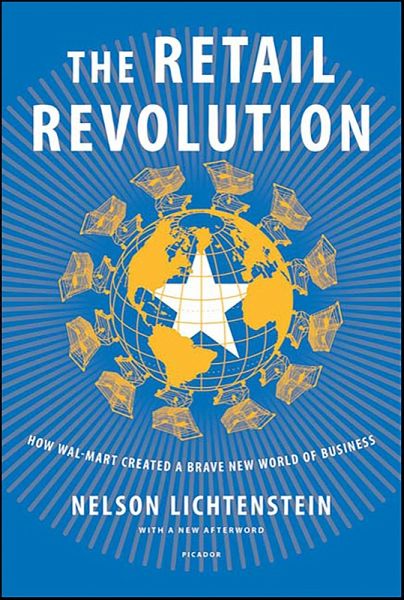
The Retail Revolution (eBook, ePUB)
How Wal-Mart Created a Brave New World of Business

PAYBACK Punkte
7 °P sammeln!
The definitive account of how a small Ozarks company upended the world of business and what that change means Wal-Mart, the world's largest company, roared out of the rural South to change the way business is done. Deploying computer-age technology, Reagan-era politics, and Protestant evangelism, Sam Walton's firm became a byword for cheap goods and low-paid workers, famed for the ruthless efficiency of its global network of stores and factories. But the revolution has gone further: Sam's protégés have created a new economic order which puts thousands of manufacturers, indeed whole regions,...
The definitive account of how a small Ozarks company upended the world of business and what that change means Wal-Mart, the world's largest company, roared out of the rural South to change the way business is done. Deploying computer-age technology, Reagan-era politics, and Protestant evangelism, Sam Walton's firm became a byword for cheap goods and low-paid workers, famed for the ruthless efficiency of its global network of stores and factories. But the revolution has gone further: Sam's protégés have created a new economic order which puts thousands of manufacturers, indeed whole regions, in thrall to a retail royalty. Like the Pennsylvania Railroad and General Motors in their heyday, Wal-Mart sets the commercial model for a huge swath of the global economy. In this lively, probing investigation, historian Nelson Lichtenstein deepens and expands our knowledge of the merchandising giant. He shows that Wal-Mart's rise was closely linked to the cultural and religious values of Bible Belt America as well as to the imperial politics, deregulatory economics, and laissez-faire globalization of Ronald Reagan and his heirs. He explains how the company's success has transformed American politics, and he anticipates a day of reckoning, when challenges to the Wal-Mart way, at home and abroad, are likely to change the far-flung empire. Insightful, original, and steeped in the culture of retail life, The Retail Revolution draws on first hand reporting from coastal China to rural Arkansas to give a fresh and necessary understanding of the phenomenon that has transformed international commerce.
Dieser Download kann aus rechtlichen Gründen nur mit Rechnungsadresse in A, B, BG, CY, CZ, D, DK, EW, E, FIN, F, GR, HR, H, IRL, I, LT, L, LR, M, NL, PL, P, R, S, SLO, SK ausgeliefert werden.




